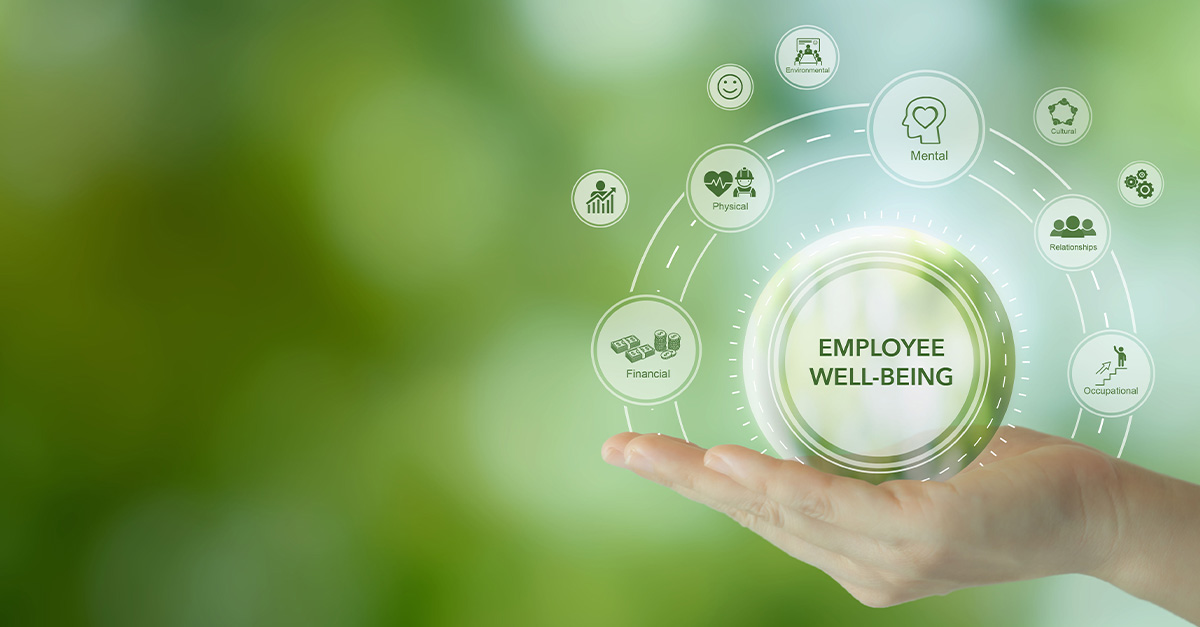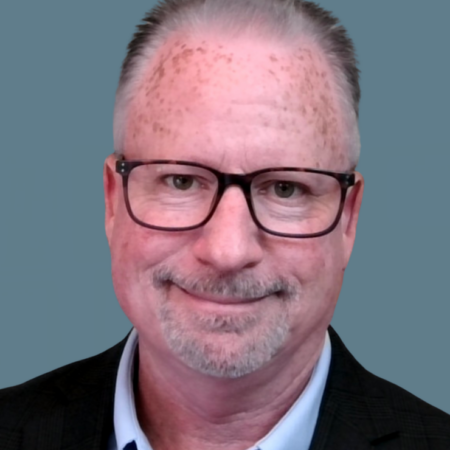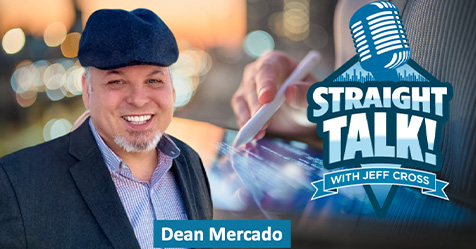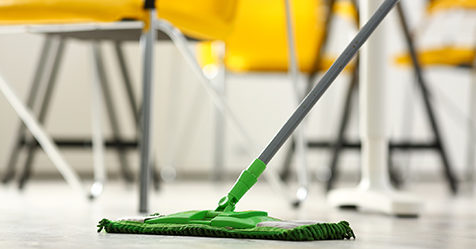Health is more than a byproduct of clean surfaces in the cleaning and facility services industry—it’s the mission. Health touches everything from physical wellness and mental resilience to partnerships with healthcare teams and individual employee empowerment. That message is loud and clear in a recent conversation with Laurie Sewell, President of ISSA and CEO of Servicon, who sat down to discuss the vital connection between cleaning and community well-being.
“This topic truly lies at the heart of everything we do,” Sewell said. “We’re not just talking about disinfecting spaces. We’re talking about supporting people—our employees, our clients, and the communities we serve—through a holistic lens of health.”
A personal connection to heart health
Sewell’s passion for well-being isn’t just professional—it’s deeply personal. As an advocate for the American Heart Association’s Go Red for Women campaign, she’s calling attention to a silent killer: heart disease in women.
“I’ve had a heart ablation myself for PVCs, and my father had significant heart issues. This [topic] is very near and dear to me,” Sewell shared. “What people don’t realize is that most of the research [on heart health] historically has focused on men. Even 80% of the animals used in trials are male.”
The implications are serious. Women often present different symptoms than men, leading to misdiagnosis—or worse, inaction. “We’ve all heard the stories,” she said. “A woman feels something’s wrong, but she still packs the kids’ lunches, gets them to school, and only then drives herself to the ER. We’ve internalized this belief that prioritizing our health is selfish. But it’s not. It’s actually the most responsible thing we can do—for ourselves and for those who depend on us.”
At Servicon, heart health is more than a campaign. “We do Heart Health Month, we share signs of stroke and educate our team,” Sewell said. “We make [advocating for heart health] visible and doable.”
She added that any organization can do the same. “Join a heart walk,” she recommended. “Wear red. Talk about it at town halls. Health education belongs in the workplace.”
Mental health: No longer taboo
Sewell is equally vocal about mental health in the cleaning industry, where stress, physical exhaustion, and isolation can take a toll.
“Our world is getting more stressful, and we’re seeing a rising rate of mental health challenges, especially among youth and frontline workers,” she said. “But the stigma is still there. Many people don’t feel comfortable seeking help, especially in our industry.”
Servicon is tackling that stigma head-on by offering resources like free Employee Assistance Program (EAP) counseling sessions for anyone in an employee’s household. More importantly, the company is training supervisors to be proactive.
“If something doesn’t seem right, we want our leaders to gently step in, to listen, and to remind people of the help that’s available,” Sewell explained. “We had a cleaner lose her sister suddenly, and when her supervisor asked if she was sure she wanted to be back at work, she said, ‘Believe it or not, cleaning helps me decompress.’ For her, the act of cleaning became a form of mindfulness.”
This unexpected perspective—that cleaning can offer peace, focus, and even healing—has reshaped how Sewell sees the job. “There’s something meditative about it,” she said. “It’s a form of purposeful work that can actually calm the mind.”
Creating a culture of care
Asked whether ISSA supports emotional well-being across the broader industry, Sewell pointed to programs like Hygieia Network, which offers mentorship, leadership training, and community.
“When our team members go through leadership training, they often tell me, ‘This helped me talk to my kids, my spouse—this helped at home too,’” she said. “The soft skills we teach for managing teams are also tools for building emotionally healthy lives.”
That overlap between personal and professional growth is no accident. “Leadership plays a huge role in destigmatizing mental health,” Sewell explained. “It’s about creating space for conversations, even if it’s just gently sharing your own experience or asking if someone’s talked to a counselor. You don’t have to get too personal. You just have to be empathetic.”
EVS and nurses: A vital partnership
In honor of National Nurses Week, May 6-12, 2025, Sewell took time to spotlight the powerful, often overlooked partnership between environmental services (EVS) professionals and nurses in healthcare facilities.
“Nurses and EVS staff are on the same team,” she said. “Nurses provide treatment, and EVS professionals prevent infection. You can’t heal in a dirty environment. That’s the truth.”
She noted that the mutual respect between the two professions is particularly strong. “Nurses really understand what we do” she said. “They know that a hospital can’t function without clean, safe environments. And especially now, with healthcare staffing shortages, our teams are stepping up to help however we can.”
At Servicon, the relationship is a two-way celebration. “During EVS Week, nurses write thank-you notes to our teams,” Sewell said. “During Nurses Week, we return the favor with appreciation lunches, shout-outs on social media, and handwritten notes. It’s a beautiful, symbiotic relationship.”
A call to action for the entire industry
As ISSA president, Sewell encourages all industry members to use National Nurses Week as a platform to celebrate nurses and elevate the entire care team, including cleaners.
“Recognition doesn’t have to be elaborate,” she said. “A social media post, a note of thanks, a kind word—it all matters. What you’re really saying is, ‘I see you, I value you, and we’re in this together.’ That sense of partnership is everything.”
Cleaning is about health
So, how does it all tie together—heart health, mental health, appreciation weeks?
“We clean to protect physical health,” Sewell explained. “We lead to support mental and emotional health. And we create communities that uplift each other.”
This practice is not just philosophy—it’s the core identity of the cleaning industry. “When we met with government officials in D.C., someone asked, ‘What is your industry really about?’ And one of us answered, ‘We’re about health,’” Sewell recalled. “That’s it. It’s not just about how things look. It’s about how people feel, live, and recover in the spaces we maintain.”
Sewell’s message is clear: in an industry that is often kept behind the scenes, it’s time to bring health to the forefront—loudly and proudly.
Learn more about what ISSA is doing for the industry.




